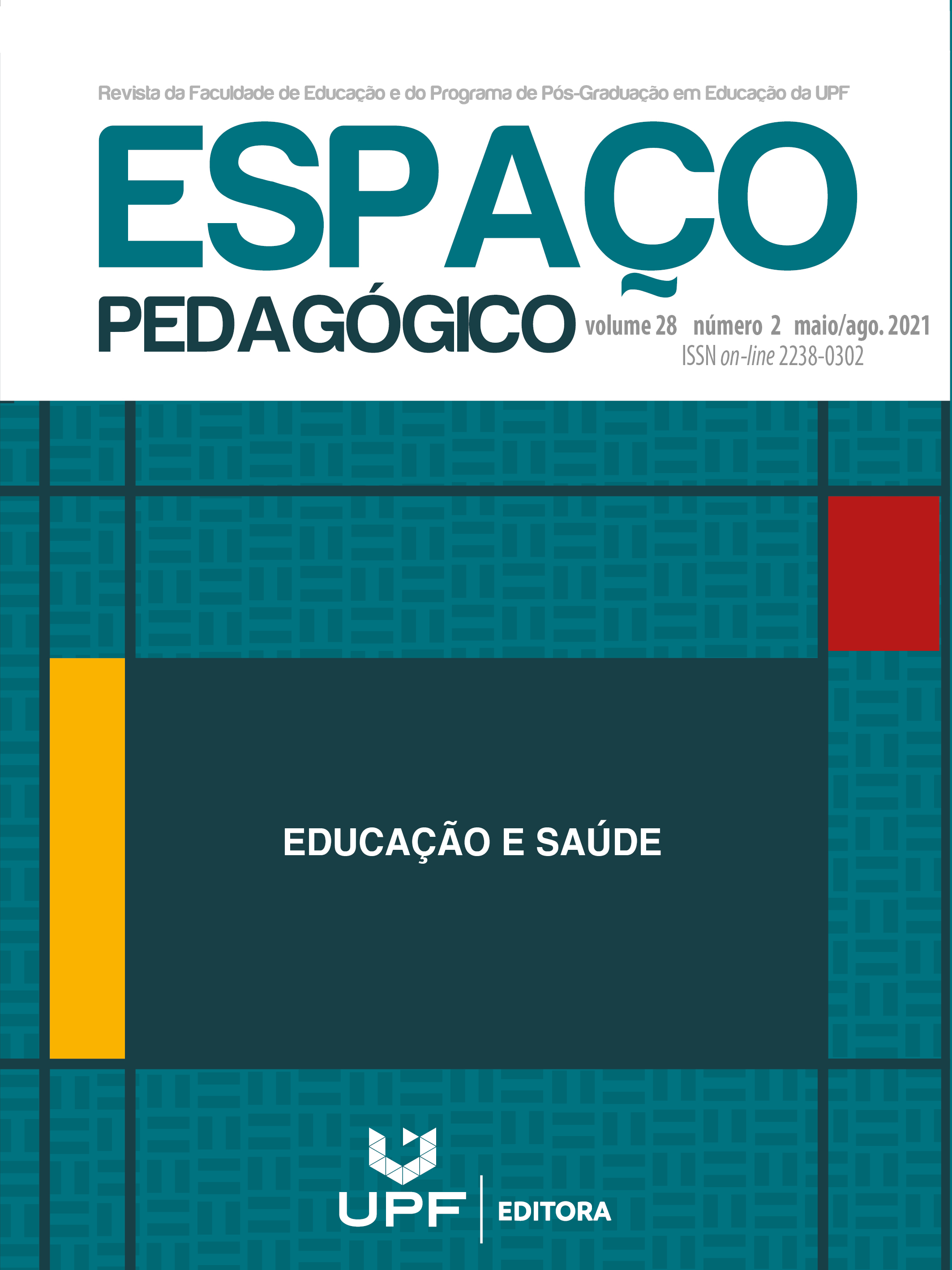Characterization of emotional self-regulation and affective states in postgraduate students stricto sensu
DOI:
https://doi.org/10.5335/rep.v28i2.11262Keywords:
Emotional management. Academic context; Postgraduates. Cognitive Social Theory.Abstract
Emotional and affective aspects can directly influence the courses of action adopted by individuals, as well as inferring in various areas of life, whether social or academic. This research aims to evaluate the perception of postgraduate students about emotional self-regulation and its affective states in the academic context. For this, the study was characterized as an empirical research, with 58 postgraduate students - masters and doctorate - from two programs of the Federal University of Pará. Appropriating a quantitative approach, the research used statistical analysis. descriptive. The results showed that, despite the demands and tasks required in graduate school, students are able to manage their emotions, mood swings, without losing perception of determination, animation and interest in the training process in question. Participants also reported that they use strategies such as “engaging in pleasurable activities” to maintain joy and modify negative emotional states - in the case of sadness and anger - that attempt to directly affect subjects' academic performance. Further research on the subject is suggested, which can follow the students' training process in order to understand the emotional management and the implications of academic performance.



